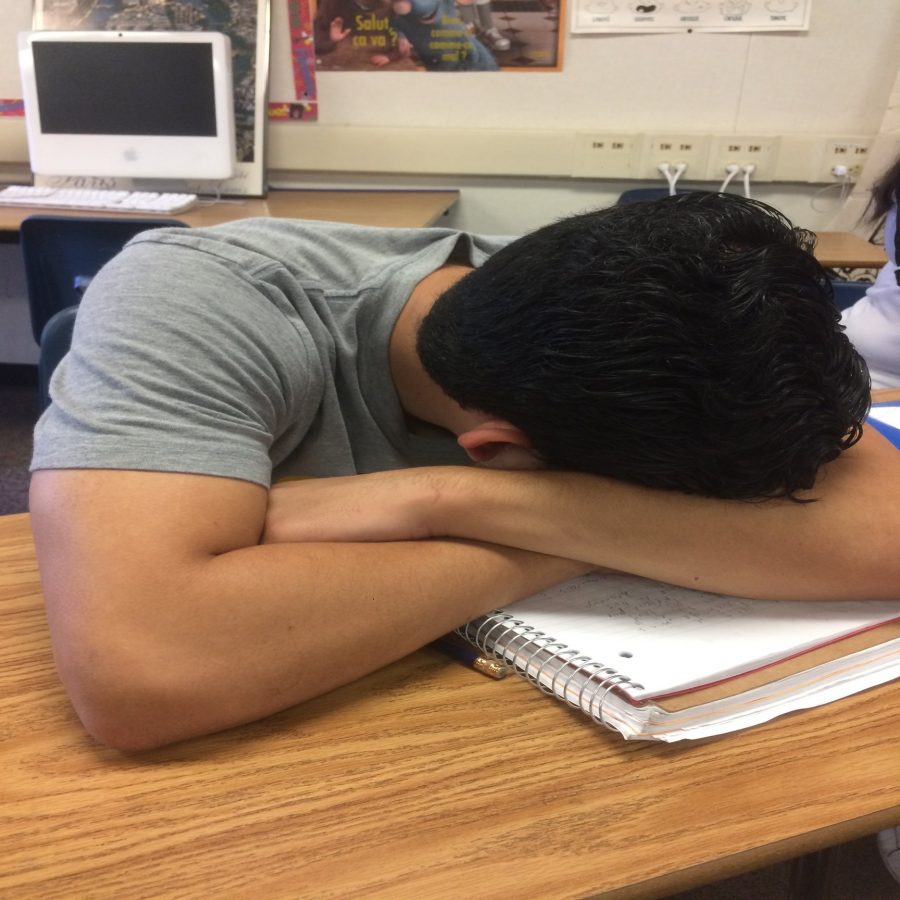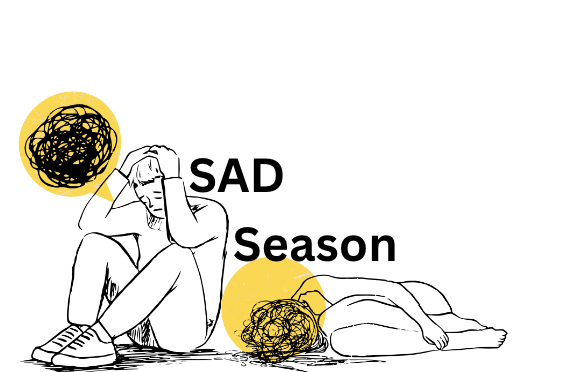Lionzzz Feeling Sleep Deprived
Sleep deprivation is a highly common condition in which people are prevented from getting the sufficient amount of sleep they should be getting every night. Especially among teens, sleep deprivation is an epidemic. The amount of sleep that high school students should be getting is 9 to 9 ½ hours every day. The average student gets 7 to 7 ¼ hours of sleep, and those who suffer from sleep deprivation may get from 4 to 5 hours, or less.
Whether it occurs daily or every once in awhile, sleep deprivation affects students of every grade level in high school. Sleep-deprived students often have a hard time concentrating in class while trying hard to stay awake. Other students who also get insufficient amount of sleep are so desperately tired that they do in fact fall asleep during class. A Freshman at Lincoln High School, Jourdan Phinick who is sleep deprived due to having anxiety said, “I never have enough energy to do anything in my classes.”
Just in general, it is not healthy to have any sort of sleep conditions. Sleep deprivation causes many symptoms and health problems. It may lead to the weakening of the immune system, impairing one’s memory, and depression and other mood disorders.
Sleep disturbance also affects one’s daily life if they are feeling pain or irritation anywhere, such as when one’s eyes sting from being awake for such a long period of time. A junior, Dimitri Carrillo, noticed that he feels physical pain when he does not sleep well the night before. “I noticed that my head hurts more the next day when I stay up till 2 am than when it’s just a regular headache.”
A lot of sleep-deprived students may find it almost impossible to fall asleep early and actually get enough hours of sleep, but it is not impossible because there are ways that anyone can help themselves. It is worth a try since sleep is just as important as food and water!
Here are some methods and tips that have helped other people fall asleep at a reasonable time in order to be awake early in the morning and ready for the day:
Temperature– Make sure your room is not too hot nor cold.
Get rid of technology– It is recommended to put away any source of technology thirty minutes before bedtime and use that time to relax and prepare for bed
Time managing– Plan out what you will do throughout the day to leave enough time to prepare for bed
Naps– Try to avoid them in the afternoon. Unless it is really needed, take a short nap.
Andrea Garcia is a junior at Lincoln high school and it is also her first year attending the school. She was born in San Jose and has lived there ever...







